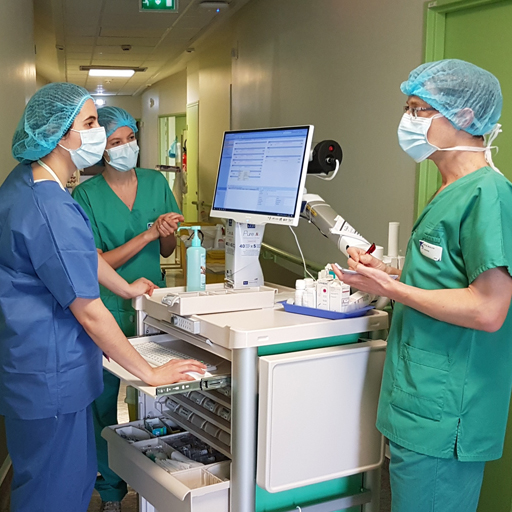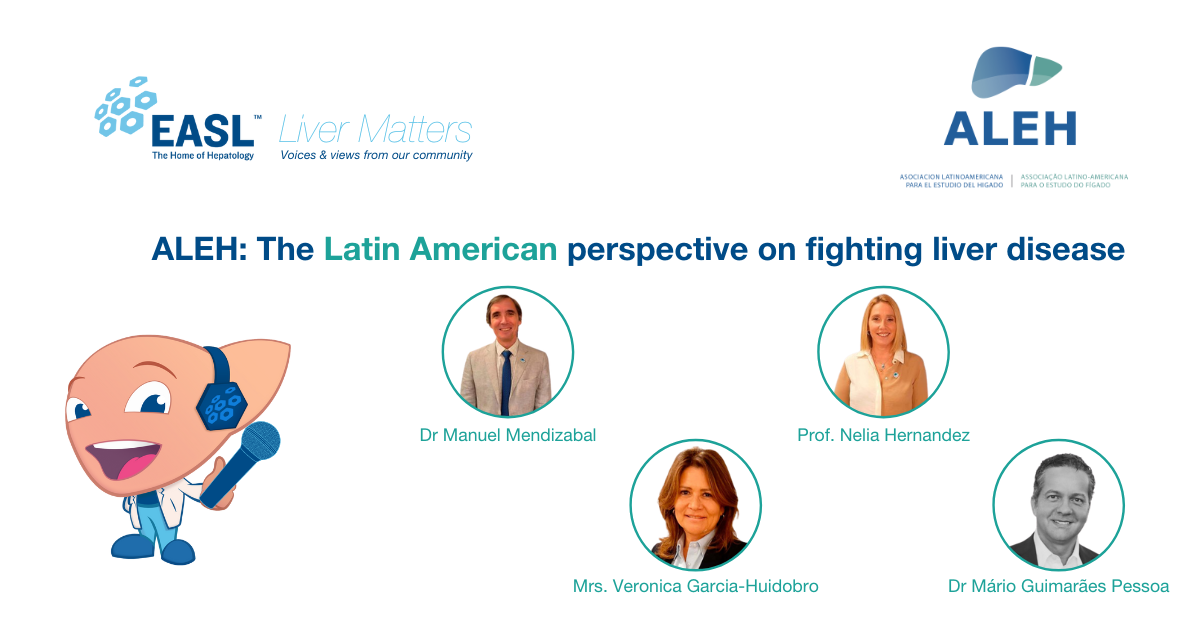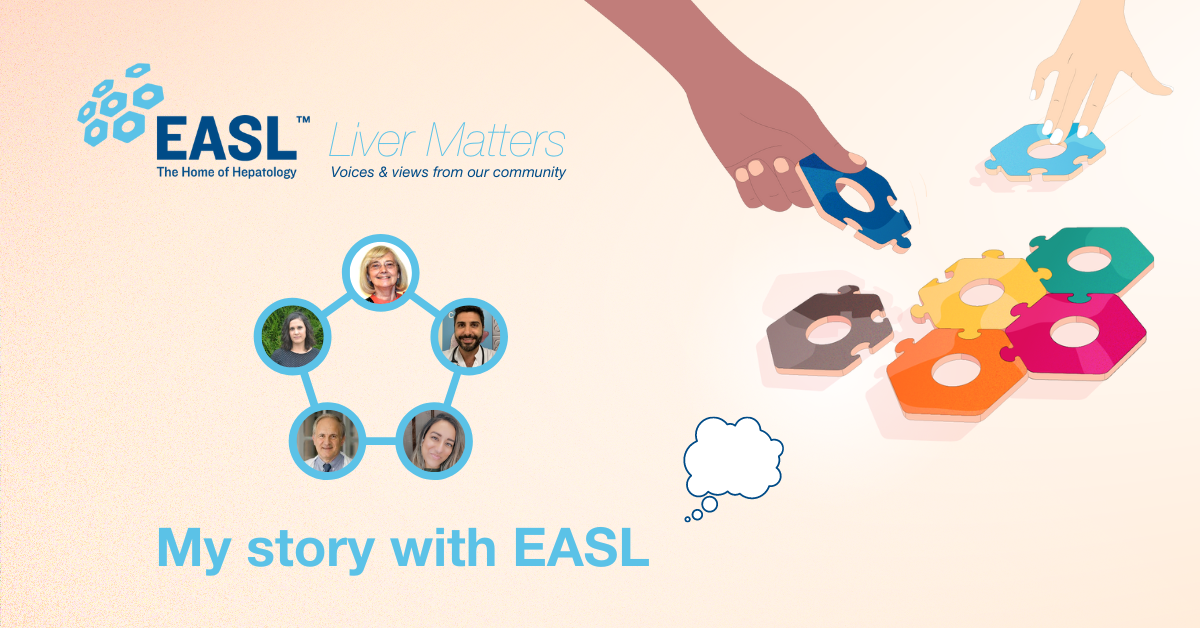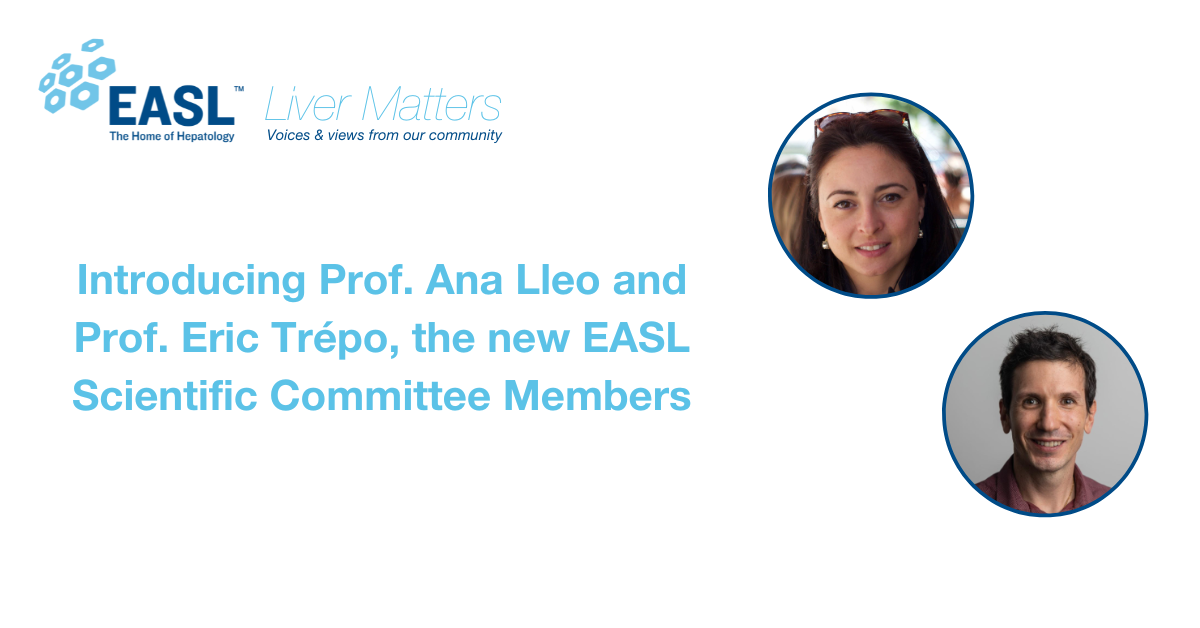
In this video, we interview Prof. Pierre-Emmanuel Rautou, EASL Scientific Committee Member and Professor of Hepatology, at the University of Paris-Diderot and Hôpital Beaujon of Clichy, France – a hospital usually treating gastroenterology patients, which has been transformed into a COVID treatment centre.
From the COVID-19 frontline, Prof. Rautou answers questions on: how daily work is affected by the COVID-19 pandemic; how the hospital where he works has been radically adapted; how liver cancer patients are affected; how medical staff are affected and the spirit of collaboration felt; and he describes the resources required to care for a single patient in ICU. He comments on what COVID-19 research has already shown us, on what is of specific interest to hepatologists, on the rapid rise in telemedicine, on what governments can learn from this time, and how research might be affected going forward.
Questions discussed:
- how daily work is affected by the COVID-19 pandemic
- how the entire hospital has been affected
- how liver cancer patients are being affected
- how medical staff will be affected
- how long the pandemic might last
- what resources are needed to treat a single patient in ICU
- what research has already shown us
- a possible vaccine and future treatments
9. what is of specific interest to hepatologists
10. how telemedicine is increasing
11. the spirit of collaboration in the medical workforce
12. what governments can learn from the pandemic
13. how liver research will be affected in future
14. how the balance between COVID research and liver research may shift
15. how the support from the wider society is felt by medical professionals
16. a take-home message for the medical professional network
Disclaimer: As the COVID-19 pandemic unfolds, treatment strategies are being developed and adjusted accordingly. EASL Viewpoints serve as snapshot interviews from the frontline and are intended to reflect the experiences at the time of the interview only.





Comments (0)